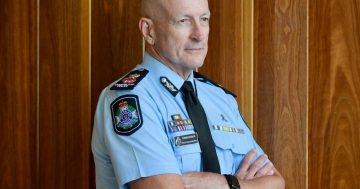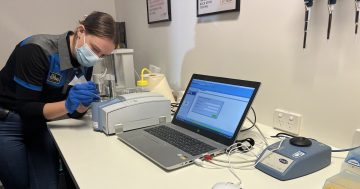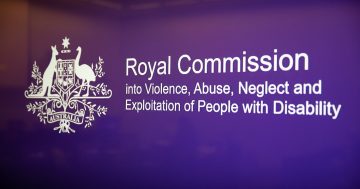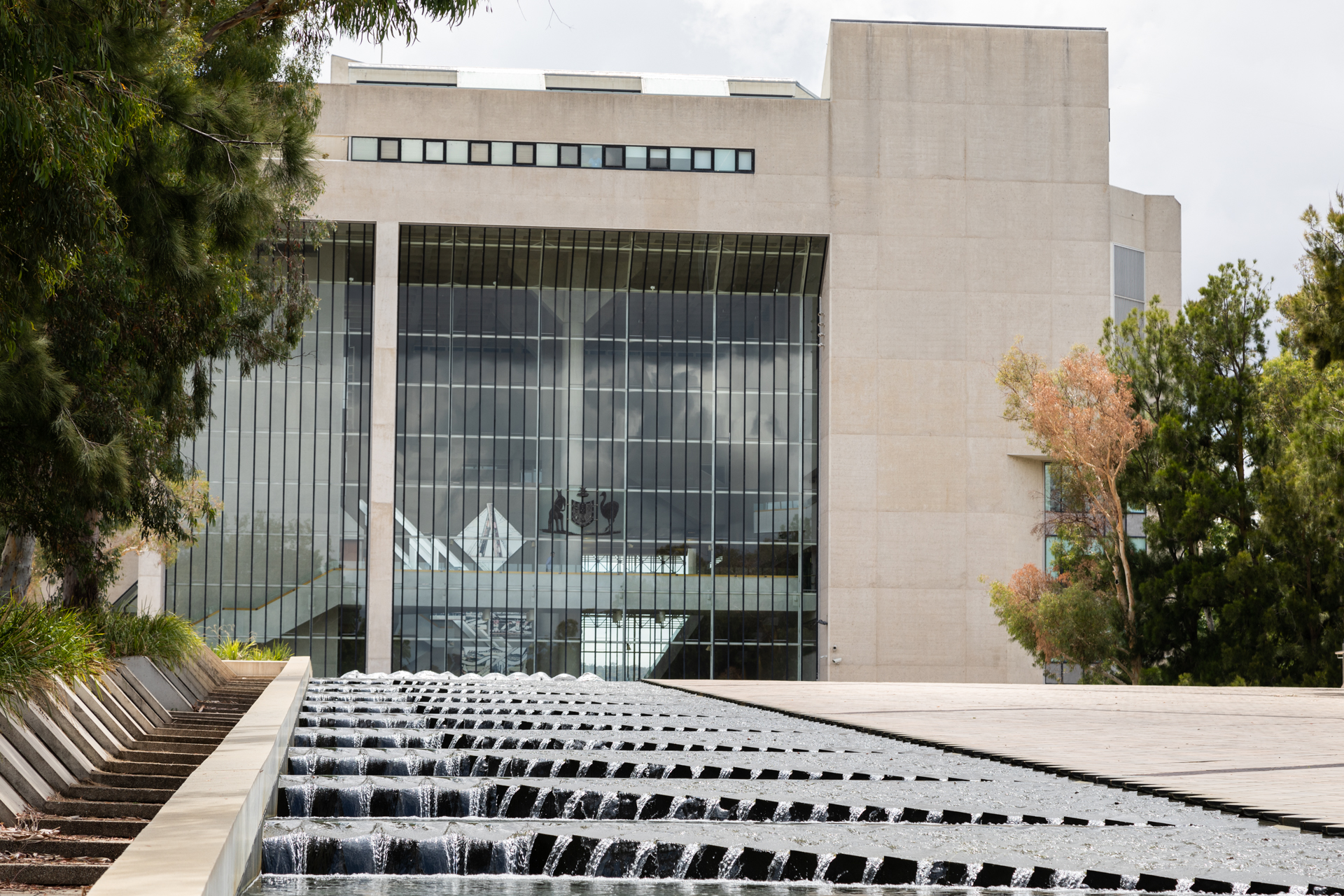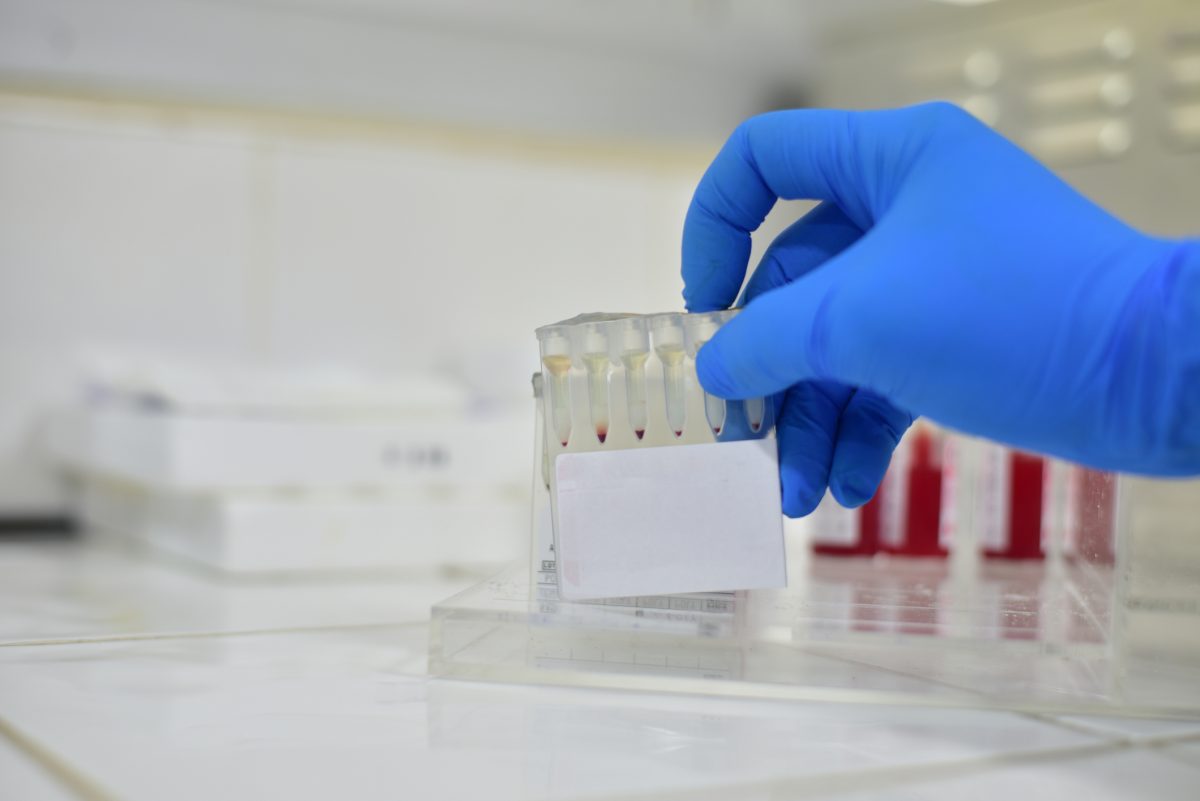
The inquiry found sound methodologies were sacrificed for speed by Project 13. Photo: File.
A project introduced in 2007 designed to automate DNA extraction methods in a Queensland Health forensics laboratory has been found to be fatally flawed by a Commission of Inquiry.
Conducted by Dr Annabelle Bennett, the inquiry – the second into the matter after last year’s Sofronoff Commission of Inquiry – found that ‘Project 13’ sacrificed sound methodologies in favour of speed at the laboratory, which was under pressure to accelerate DNA testing at the time.
While it said there is no evidence that would undermine public confidence in the current work of Forensic Science Queensland, it has made two key recommendations, both of which the Queensland Government has accepted.
It found that, while the CEO of Forensic Science Queensland Dr Linzi Wilson-Wilde did not draw attention to the deficiencies of Project 13 in a way that conveyed the importance of the fact there were major inadequacies with DNA yield from the extraction process, no evidence was found to support a conclusion that Dr Wilson-Wilde deliberately misled the first inquiry.
It also found that Dr Wilson-Wilde is making good progress on implementing the recommendations from the first inquiry, including major changes to culture and work practices.
The recommendations relate to retesting some samples that were previously tested using the flawed Project 13 methodology between 2007 and 2016. During that time, 103,187 casework samples were extracted using the automated DNA extraction method.
Minister for Health, Mental Health and Ambulance Services and Minister for Women Shannon Fentiman thanked Commissioner Dr Annabelle Bennett for the efficient and professional way she conducted the Commission of Inquiry.
“I am also grateful for the witnesses who gave evidence regarding Project 13, its shortcomings, and its impacts,” she said.
“It has been clear since the Sofronoff Commission of Inquiry report that the culture, governance and work in the laboratory over the previous 16 years was lacking.
“The Bennett Commission of Inquiry has reinforced that,” she added. “I want Queenslanders to know we are focused on the future and re-testing previous samples where required, and the Commission has indicated the laboratory is well placed to do that.
“Queenslanders can be assured the Queensland Government is committed to improving standards, as are the leadership and staff of the laboratory.”
Attorney-General and Minister for Justice and Minister for the Prevention of Domestic and Family Violence Yvette D’Ath said the importance of sound forensic evidence in the administration of criminal justice cannot be understated.
“For a victim of crime and their families, it can be the difference between a perpetrator being brought to justice for their actions, or not,” she said.
“A world-class laboratory, committed to scientific excellence, is a fundamental part of our criminal justice system, and I know many victims of crime, and current and former public service staff alike, are eager to see the laboratory ably performing that function again.”


